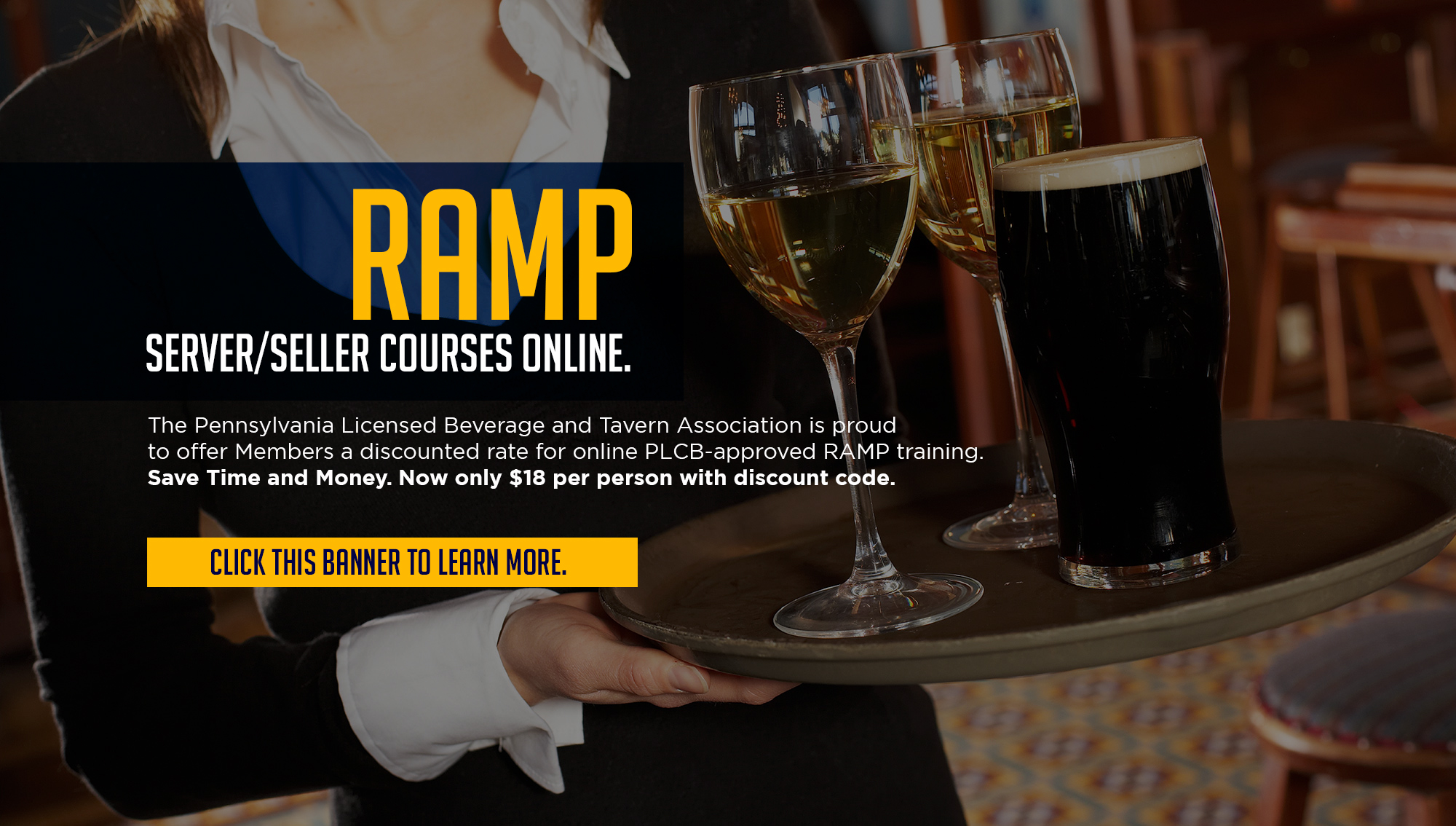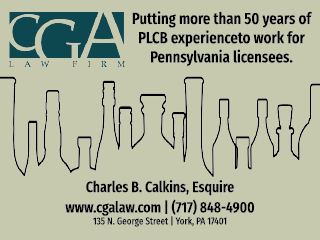Advice for tavern and bar employees on how to respond to an active shooter incident
We’ve all seen it play out on television. An active shooter walks into a concert, movie theater, or school while killing randomly. Bars too can be a target as we all witnesses in 2016 when 49 guests at a nightclub in Orlando lost their lives in a mass shooting, while another 53 were wounded.Would you and your staff know what to do to protect yourselves and your patrons? If not, now may be a good time to sit down with your staff and start training.
If so, according to many experts, your training should begin by learning “Run, Hide, Fight.”
Run
The first option in an active shooter situation is always to run away, if possible. Getting away from the shooter is the top priority for you, your staff, and your patrons. And, as you run away, here are a few things to do:
- Leave your belongings behind! Just get away as quickly as you can.
- Help others escape, if possible, but evacuate regardless of whether others agree to follow.
- As you are escaping, warn and prevent individuals from entering an area where the active shooter may be.
- When you are safe, call 911. Try to remember what the shooter looked like, where the shooting was, and what weapons are being used. This will help law enforcement.
- If police are already on the scene, keep your hands visible and do everything they say to do.
- When training your bar staff, go over all possible evacuation routes.
Hide
Maybe it’s too late to run. The gunman is getting closer, but unfortunately, you can’t get past him safely. Now is the time to protect yourself by getting out of the shooter’s view and staying very quiet. As you’re doing that, remember these tips:
- Silence all electronic devices and make sure they won’t vibrate.
- Lock and block doors, close blinds, and turn off lights.
- Don’t hide in groups. Spread out along walls or hide separately to make it more difficult for the shooter.
- Try to communicate with police silently. Use text messages or social media to let law enforcement know where you are.
- Stay in place until law enforcement gives you the all clear. Then very carefully listen to the instructions of law enforcement.
Fight
With no other option left, you may have to fight to safe your life. At this point, you have to be committed for your own sake. If you want to keep alive, you likely will have to act as aggressively as possible. These tips may keep you alive:
- Recruit others to ambush the shooter with makeshift weapons. Items like bar stools, fire extinguishers, scissors, and various kitchen objects could be used.
- Since likely it is a fight for your life, you may need to cause severe (or maybe lethal) injury to the shooter.
When training your bar staff, consider using materials from the U.S. Department of Homeland Security. A number of useful training materials that can be downloaded or viewed online for free including a booklet titled “how to respond” to an active shooter at https://www.dhs.gov/publication/active-shooter-how-to-respond.
This story was republished from the September 2019 edition of Pennsylvania Observer, the official magazine of the Pennsylvania Licensed Beverage and Tavern Association. For information on joining our Association, please send an email to pataverns@pataverns.com.
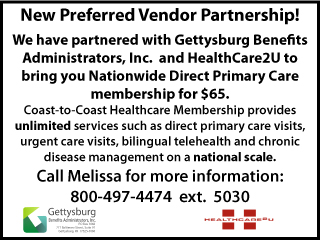
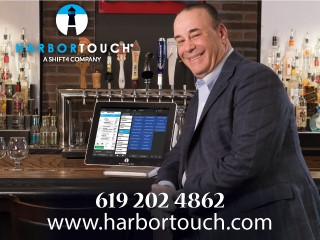





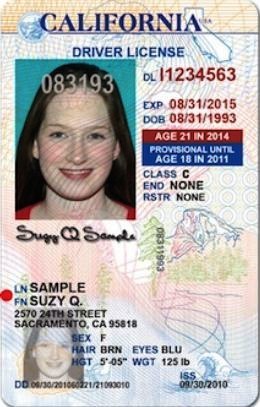 Back to school means it’s fake ID time too!
Back to school means it’s fake ID time too! This auction includes one license in each of the following 25 counties: Allegheny, Beaver, Berks, Blair, Clearfield, Dauphin, Delaware, Erie, Forest, Huntingdon, Lackawanna, Lawrence, Lebanon, Luzerne, Lycoming, McKean, Montgomery, Northampton, Northumberland, Philadelphia, Pike, Somerset, Warren, Wayne, and Westmoreland.
This auction includes one license in each of the following 25 counties: Allegheny, Beaver, Berks, Blair, Clearfield, Dauphin, Delaware, Erie, Forest, Huntingdon, Lackawanna, Lawrence, Lebanon, Luzerne, Lycoming, McKean, Montgomery, Northampton, Northumberland, Philadelphia, Pike, Somerset, Warren, Wayne, and Westmoreland.


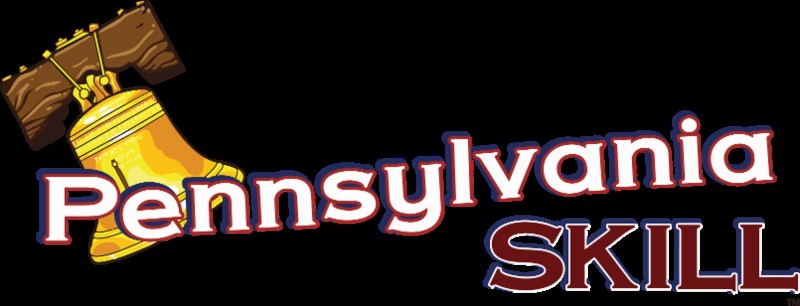 Almost as quickly as the Pennsylvania Liquor Control Board issued an email to licensees concerning the legality of skill games, industry representatives responded back, demanding a retraction or face a lawsuit.
Almost as quickly as the Pennsylvania Liquor Control Board issued an email to licensees concerning the legality of skill games, industry representatives responded back, demanding a retraction or face a lawsuit.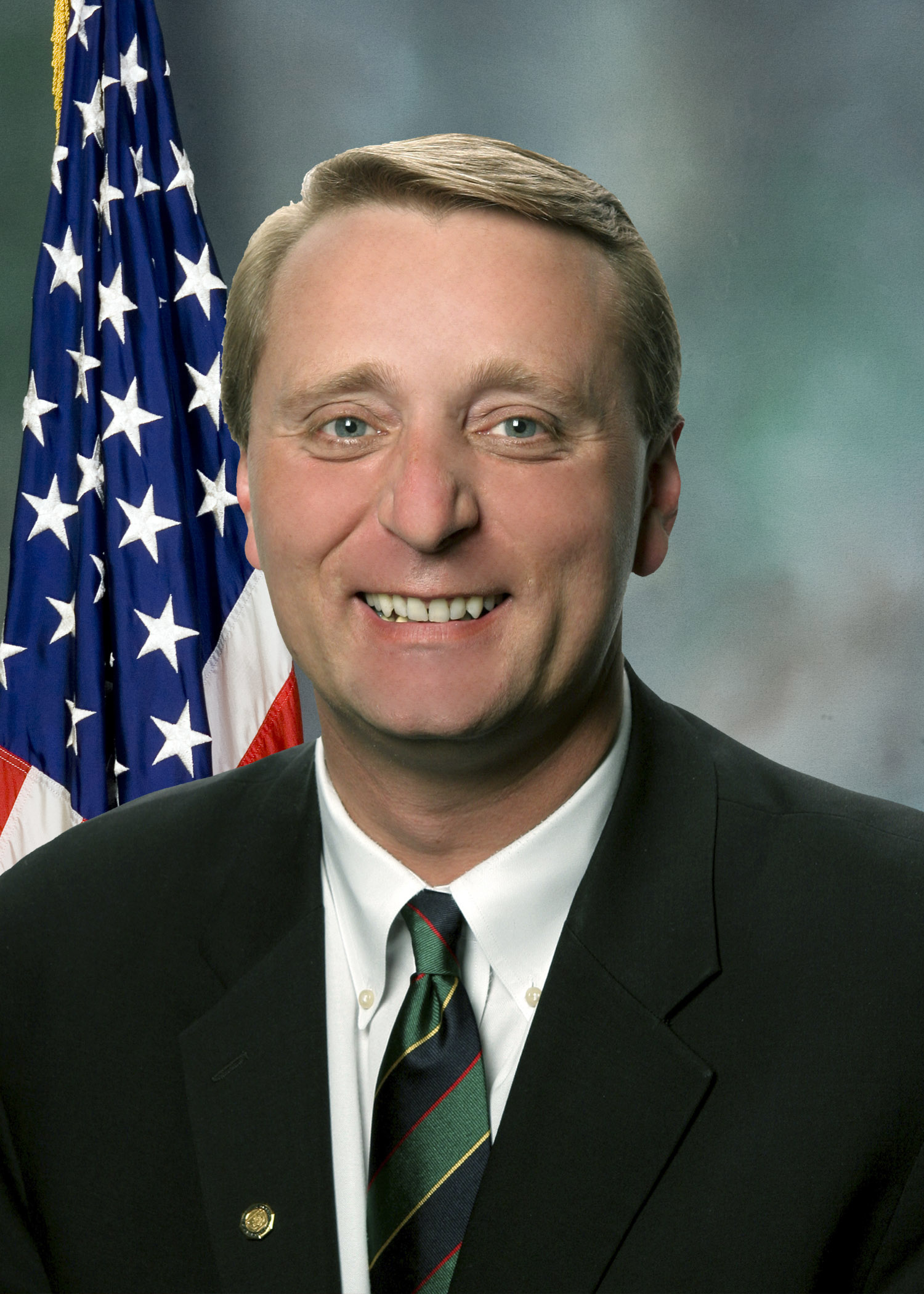
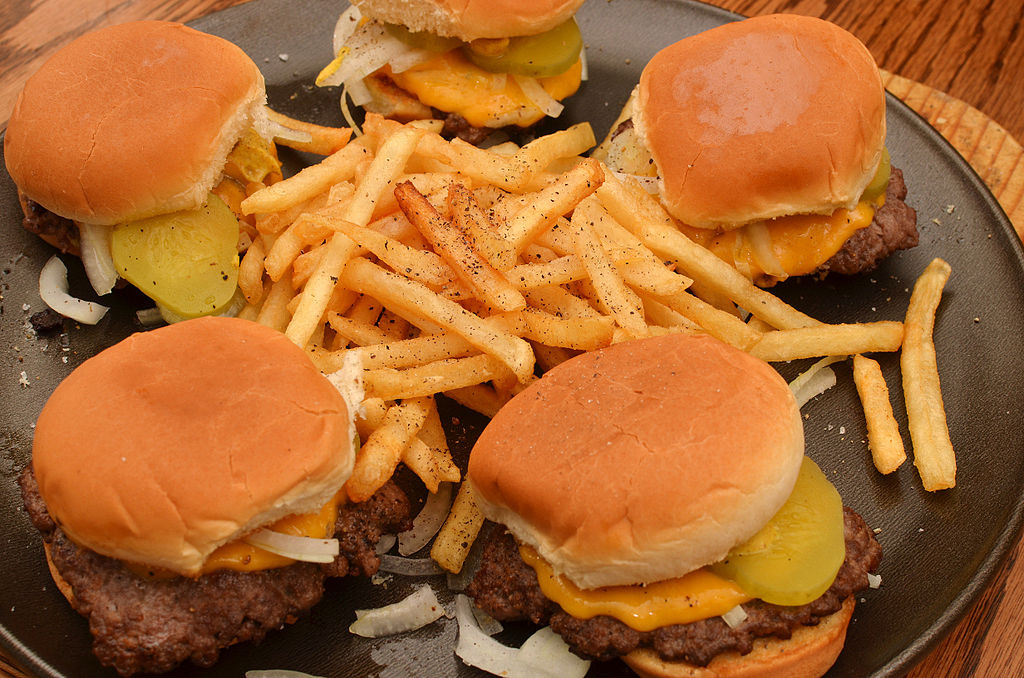 Instructions for finalizing participation in cash back / rebate program through the Pennsylvania Licensed Beverage and Tavern Association via Dining Alliance
Instructions for finalizing participation in cash back / rebate program through the Pennsylvania Licensed Beverage and Tavern Association via Dining Alliance Inevitably, it happens. A bartender makes a drink a little stronger than it should be. Maybe it’s an accident. Maybe it’s intentional. Regardless, it should be avoided.
Inevitably, it happens. A bartender makes a drink a little stronger than it should be. Maybe it’s an accident. Maybe it’s intentional. Regardless, it should be avoided.